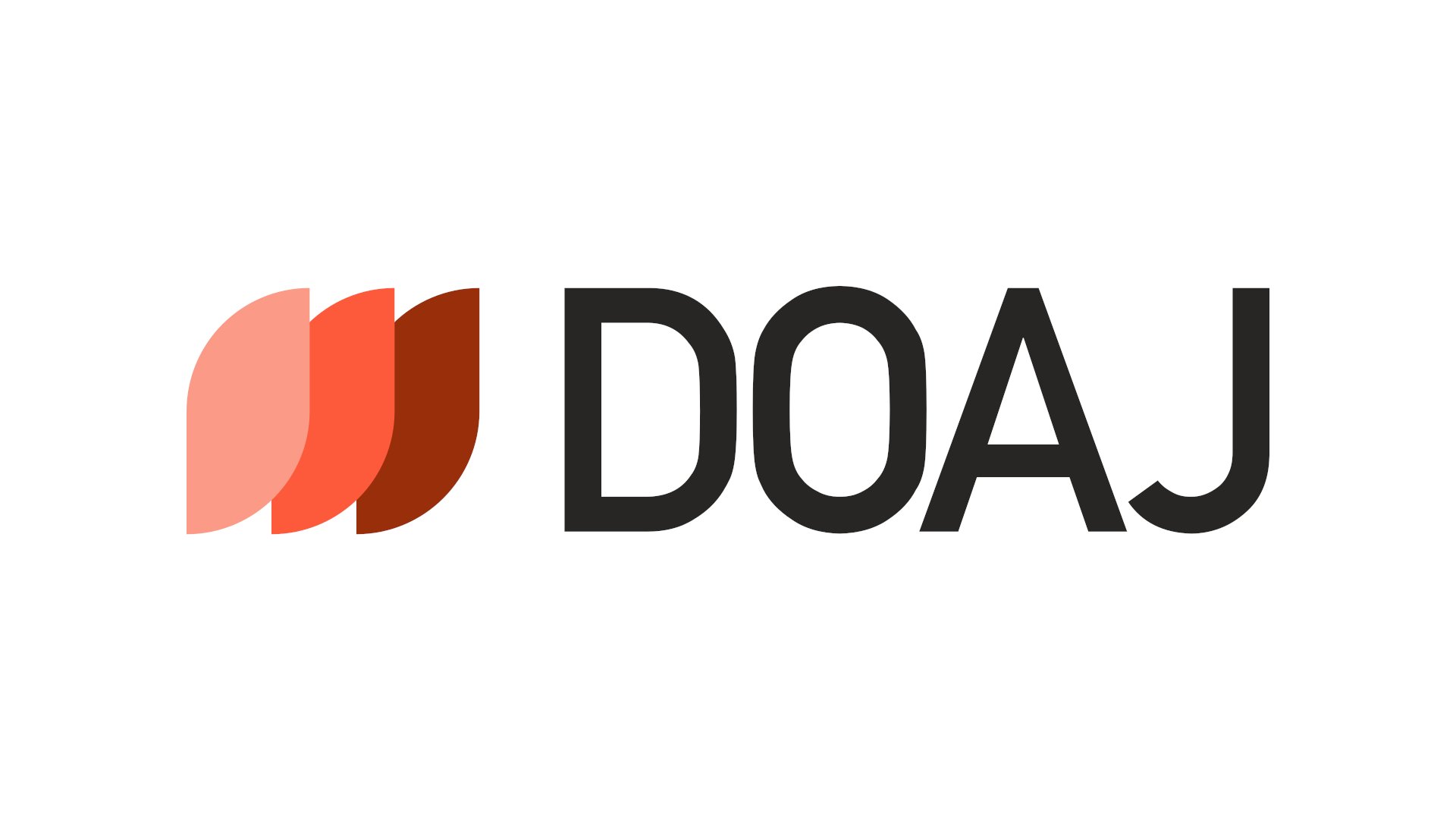Feature Selection in Naïve Bayes for Predicting ICU Needs of COVID-19 Patients
DOI:
https://doi.org/10.33022/ijcs.v12i3.3211Abstract
COVID-19 is a global pandemic that requires a coordinated global response in all healthcare and national healthcare systems. Identifying patients at high risk of contracting the COVID-19 virus is crucial to increasing awareness before patients become further infected by the virus, which can cause severe respiratory illnesses requiring specialized care in intensive care units (ICUs). This study aims to predict the need for ICUs in patients infected with the COVID-19 virus. The predicted ICU requirements serve as a reference for hospitals to meet the ICU needs of COVID-19 patients. The prediction of ICU requirements for COVID-19 patients is performed using the Naïve Bayes algorithm, and particle swarm optimization (PSO) used to obtain the best accuracy values from Naïve Bayes. In the initial testing, Naïve Bayes without feature selection resulted in an accuracy rate of 74.75%. Testing Naïve Bayes+PSO by increasing the number of PSO generations shows that as the number of generations in PSO increases, the accuracy rate also increases. Testing Naïve Bayes+PSO with 3000 generations and a population size of 20 shows an increase in the accuracy rate to 80.95%. Testing Naïve Bayes+PSO by increasing the population size to 40 with 1000 generations for each population size shows an increase in the accuracy rate to 80.70%.
Downloads
Published
Issue
Section
License
Copyright (c) 2023 Taslim Malano Taslim

This work is licensed under a Creative Commons Attribution-ShareAlike 4.0 International License.




